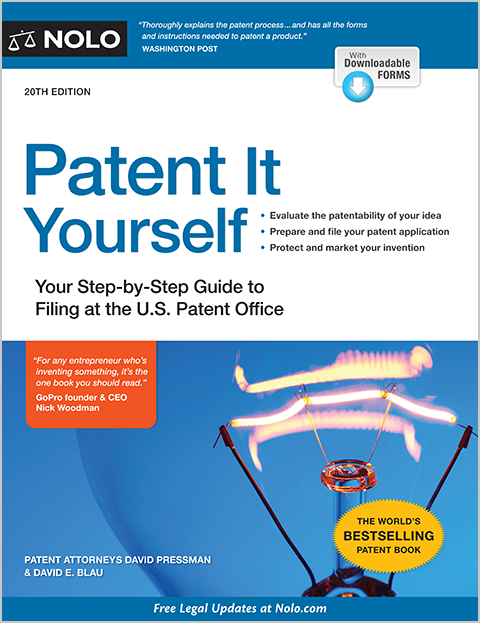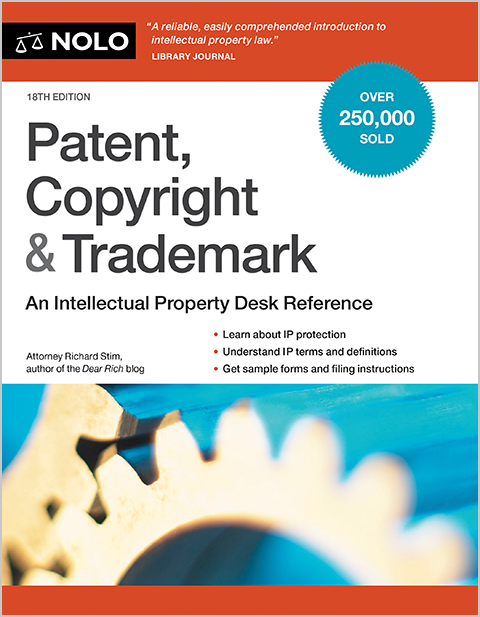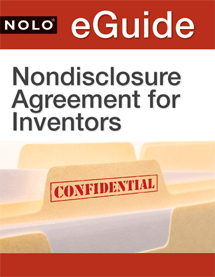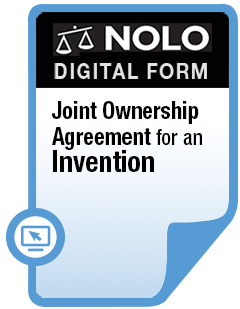New York is one of a few states that have not adopted the Uniform Trade Secrets Act.
Trade secrets in New York are defined as follows: "A trade secret consists of a formula, process, device, or compilation which one uses in his business and which gives him an opportunity to obtain an advantage over competitors who do not know or use it."
Information is more likely to be considered a trade secret in New York if it is:
- not known outside of the particular business entity
- known only by employees and others involved in the business
- subject to reasonable measures to guard the secrecy of the information
- valuable, and
- difficult for others to properly acquire or independently duplicate
Trade secrets are typically protected by nondisclosure agreements (NDAs).
New York has not yet adopted the Uniform Trade Secrets Act. Information about New York's current trade secret law can be found here.
Stealing Secrets (Misappropriation) in New York
New York's courts and statutes refer to the theft of trade secrets as misappropriation. Under New York law, "misappropriation " refers to the acquisition of a trade secret by someone who knows that the trade secret was acquired by improper means -- theft, bribery, misrepresentation, breach or inducement of a breach of duty to maintain secrecy.
Penalties for Misappropriation
Under New York law, a trade secret thief can be prevented from disclosure by court order – an injunction. A victim of trade secret theft can also seek financial compensation that measures the actual loss attributed to the theft or the profits (or "unjust enrichment") acquired by the trade secret thief. In egregious situations, a New York court can award punitive damages.
Statute Of Limitations
An action for misappropriation must be brought within 3 years after the misappropriation is discovered.
Federal Law
In addition to New York's rules regarding trade secrets, certain federal rules also apply in New York. The Economic Espionage Act of 1996 makes the theft of trade secrets a federal crime. The Act prohibits the theft of a trade secret by a person intending or knowing that the offense will injure a trade secret owner. The Act also makes it a federal crime to receive, buy, or possess trade secret information knowing it to have been stolen. The Act's definition of "trade secret" is similar to that of the Uniform Trade Secrets Act. The penalties for a violation of this statute include a potential prison term of 15 years and fines up to $5 million, depending on whether the defendant is an individual or a corporation. A private party can still sue for trade secret theft even if the federal government files a criminal case under the Economic Espionage Act.
Learn more about Patent, Copyright, and Trademark.
Talk to a Lawyer
Need a lawyer? Start here.
How it Works
- Briefly tell us about your case
- Provide your contact information
- Choose attorneys to contact you
- Briefly tell us about your case
- Provide your contact information
- Choose attorneys to contact you



